The DHS Office of Inspector General (OIG) issued a fraud alert on April 19, 2017, to warn the public about a scam using the DHS OIG hotline OFFICIAL telephone number.
Scammers have identified themselves as “U.S. Immigration” employees and have altered their caller ID to seem like the call is coming from the DHS OIG hotline (1-800-323-8603). They then demand that the individual provide or verify personally identifiable information, often by telling individuals that they are victims of identity theft. Some of the scammers had strong foreign accents.
Read the DHS OIG fraud alert Press Release for more details here.
In Russian:
Если вам позвонили с 800 номера, который выглядит как официальный номер Hotline иммиграционной службы США, DHS OIG, и требуют, чтобы вы предоставили вашу личную информацию (номер соц страхования, А номер, дату и место рождения, ИФО и т.п.) - не верьте, это спамеры.
19 апреля 2017 офис OIG DHS опубликовал предупреждение не доверять таким звонкам, и не предоставлять свои данные по телефону. Их сотрудники не звонят по телефону гражданам с вопросами. Это скамеры, скорее всего из-за границы. Многие заметили, что у скамеров сильный иностранный акцент.


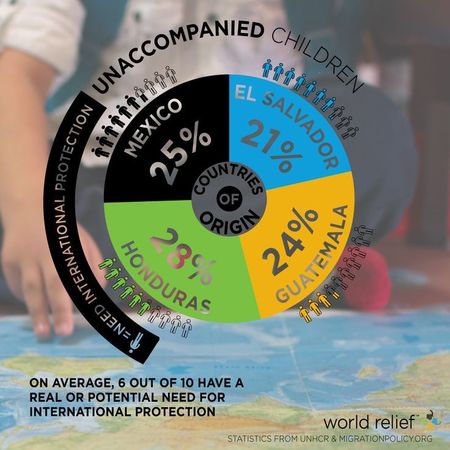
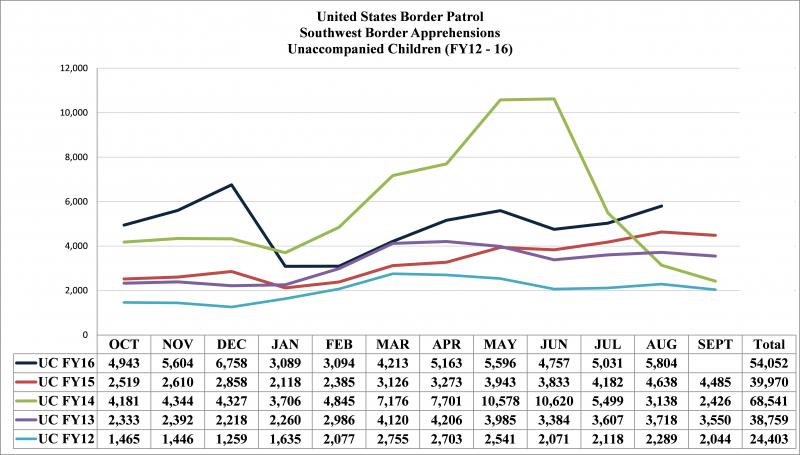
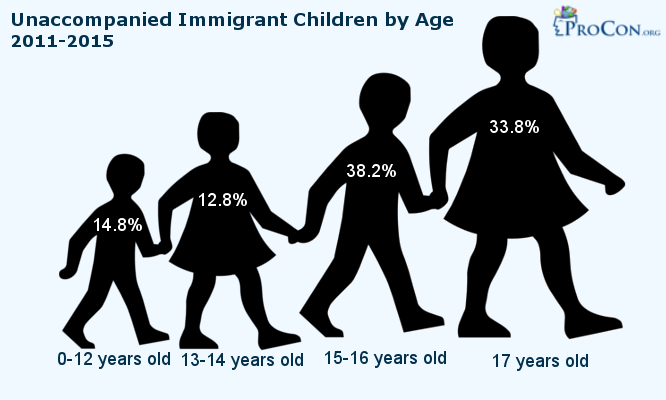

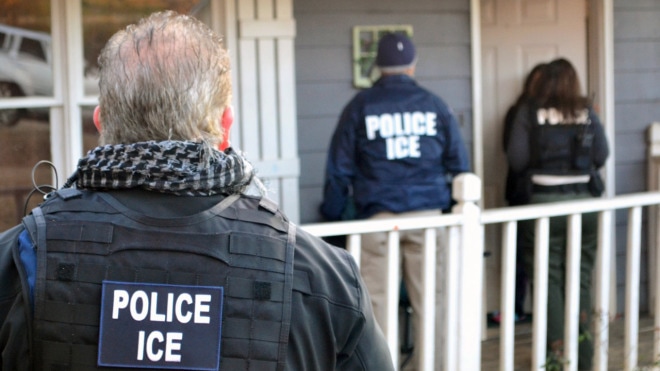
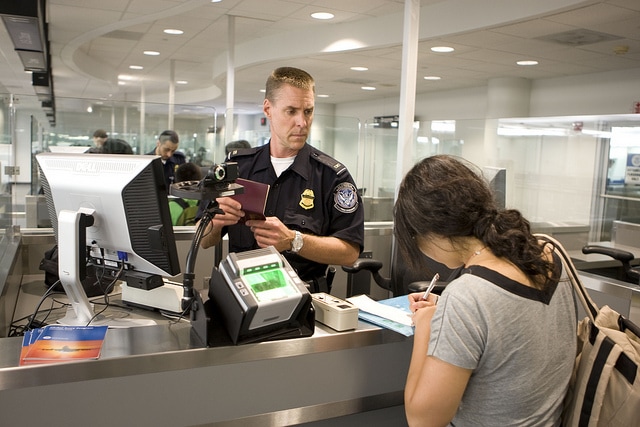

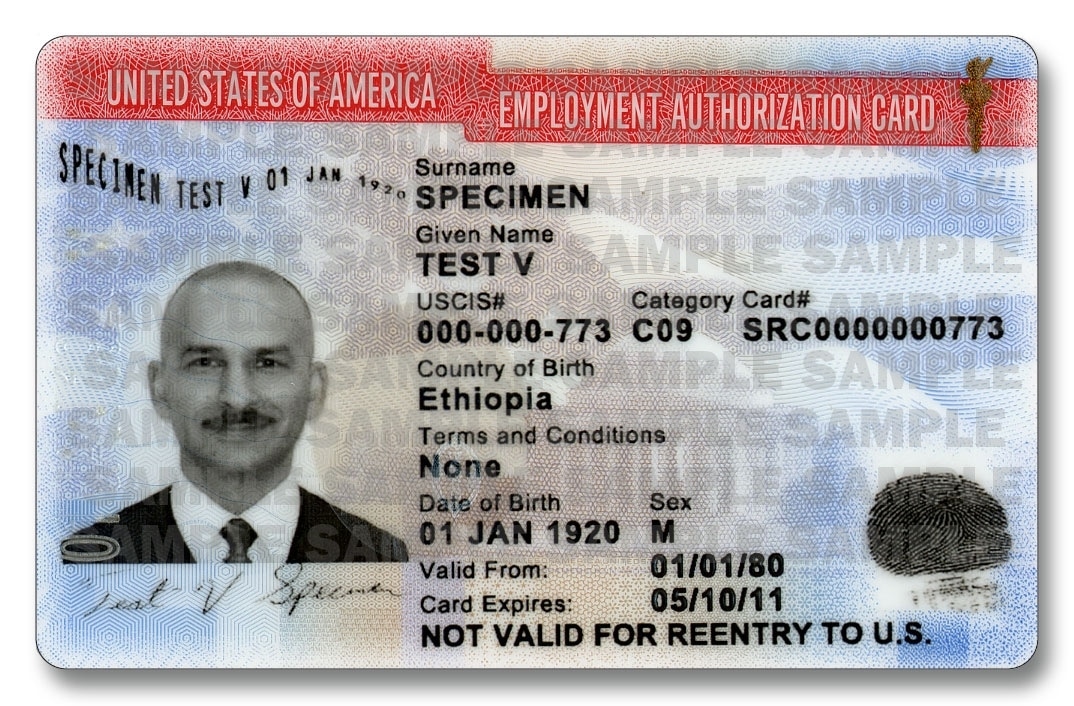



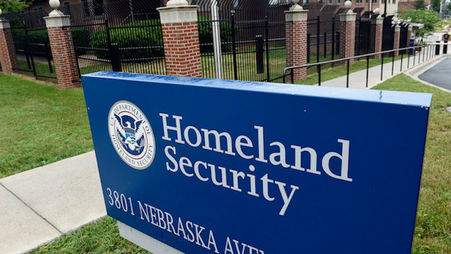

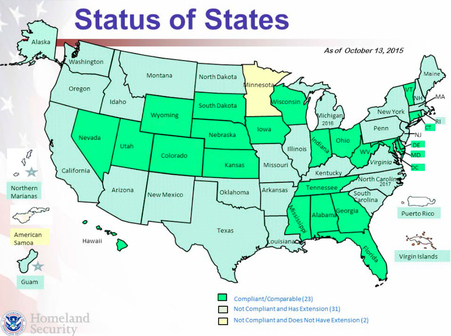
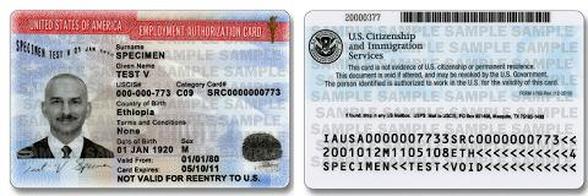

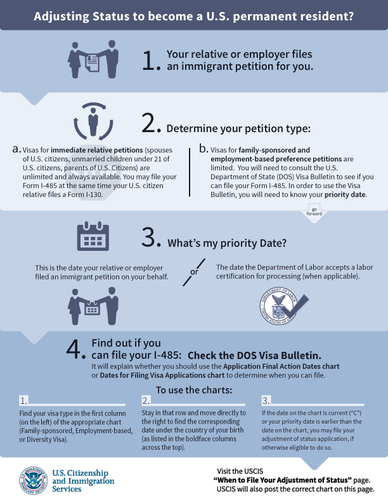
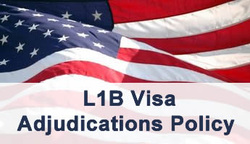
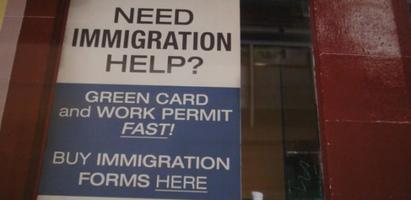

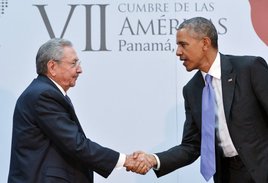



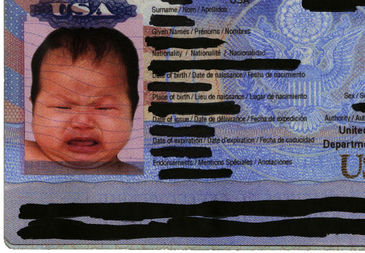

 RSS Feed
RSS Feed